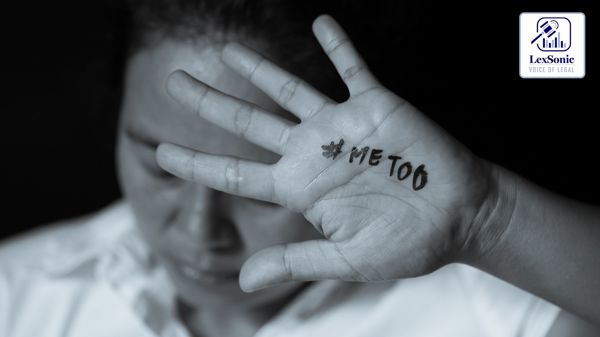When Protection Becomes Peril: Re-evaluating Section 21 of POCSO for Victim-Mothers.
21 April 2025
Sexual Harassment >> Workplace/ Professional Related
The Indian legal landscape, particularly concerning the protection of children from sexual offenses, often grapples with the delicate balance between stringent enforcement and a humane application of the law. A recent High Court ruling sheds light on this crucial dilemma, specifically concerning the framing of charges under Section 21 of the Protection of Children from Sexual Offences (POCSO) Act, 2012, against a mother who eventually reported the sexual abuse of her child by close family members, but with a delay.
The case, detailed in a revision petition, challenged orders framing charges against a mother under Section 21 of the POCSO Act for "failure to report" the offense. The factual backdrop painted a grim picture of a household marred by domestic violence and sexual abuse. The petitioner, the mother of a 10-year-old victim, had initially reported physical assault by her in-laws. Subsequently, she contacted the Delhi Commission for Women (DCW), reporting the sexual assault of her daughter by her husband and her sister-in-law's sons. It was only after this that an FIR was registered, and the victim's statement was recorded, detailing repeated sexual abuse by her father and cousins.

Crucially, the investigation revealed that while the mother had made previous PCR calls reporting domestic violence, she had not explicitly mentioned the sexual abuse of her daughter. This delay became the basis for the charges under Section 21 of POCSO, which mandates reporting of such offenses and penalizes failure to do so.
However, the High Court’s analysis delved beyond the mere "failure to report" and into the complex "social and familial context" of the case. The court acknowledged that the petitioner herself was a victim of severe domestic violence at the hands of her husband and in-laws. The victim's own statements corroborated the mother's vulnerability, detailing instances where the mother was physically assaulted and discouraged by in-laws from escalating concerns about her daughter's safety.
The court emphasized that the mother was not complicit in shielding the accused but was struggling within a deeply hostile environment. It was her eventual intervention—contacting the DCW helpline and accompanying her daughter to the police station—that led to the registration of the FIR and medical examination of the child.
A key distinction drawn by the court was between "non-reporting" and "delayed reporting." Section 21, the court argued, is intended to address active concealment or a complete failure to report, not a delay stemming from duress, trauma, or the unique circumstances of a victim-mother. The court cited a previous ruling highlighting that Section 21 punishes "failure to report," not "delay of reporting."
The High Court drew parallels with international guidelines and precedents, stressing that mandatory reporting laws are designed to deter child sexual abuse, not to punish victims or those under immense duress. The court highlighted the profound psychological impact of sexual abuse, not just on the child but also on the mother, who experiences "secondary trauma." This trauma, coupled with societal stigma surrounding incest and fear of social ostracization, can severely impair a mother's ability to act promptly.
The judgment underscored the vital role of judicial discretion in interpreting laws with "compassion and contextual understanding." It stressed that judges are not "mere executors of the statute" but "interpreters of law in its fullest sense," especially when dealing with the human condition and the complex realities of vulnerable individuals. To prosecute a mother who, despite her own suffering, eventually mustered the courage to report the abuse, would be to "defeat the very spirit and intent of the POCSO Act."
Ultimately, the High Court set aside the charges framed against the petitioner under Section 21 of the POCSO Act, recognizing that her prosecution would cause "grave prejudice" to both her and the minor victim. The court clarified that the trial against other accused persons would proceed, and the mother could be considered a valuable witness.
This ruling serves as a significant reminder that while laws like POCSO are crucial for protecting children, their application must be sensitive to the lived realities of those involved. It emphasizes the need to understand the socio-psychological complexities that can lead to delayed reporting, particularly when the reporting individual is herself a survivor of violence and navigating an oppressive environment. Justice, in such cases, demands a nuanced understanding that goes beyond a black-and-white interpretation of the law, embracing the "hues of human experience" to truly serve its protective purpose.
Section 21, Protection of Children from Sexual Offences Act - 2012
Protection of Children from Sexual Offences Act, 2012
